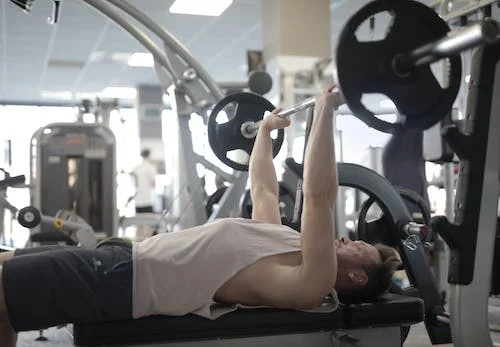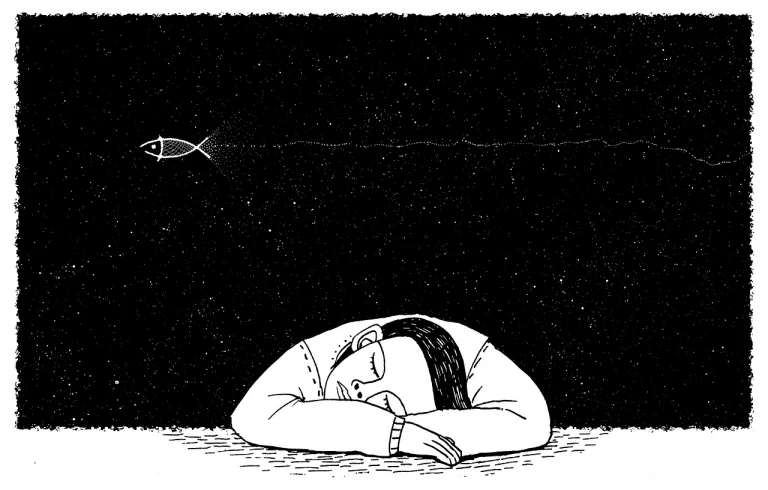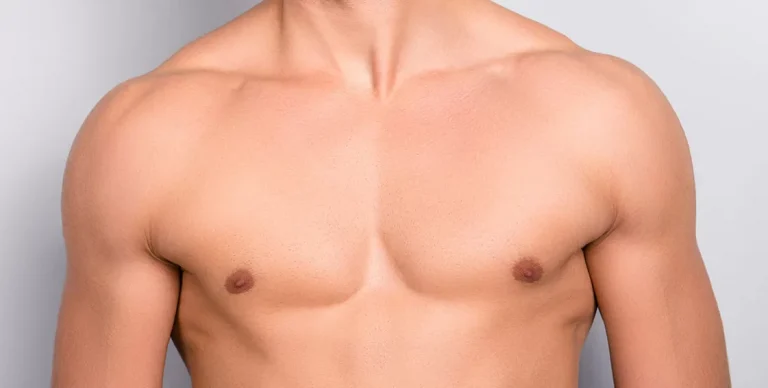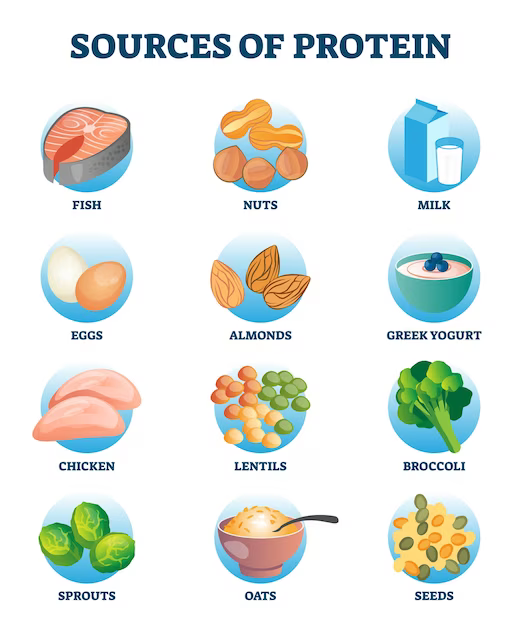creatine and hair loss
Creatine is a popular supplement among athletes and bodybuilders, known for its potential to enhance athletic performance and promote muscle growth. However, there has been some debate about whether creatine supplementation can lead to hair loss. In this comprehensive guide, we will delve into the topic to uncover the truth behind the myth and provide you with a clear understanding of the relationship between creatine and hair loss.
Understanding Creatine and Its Benefits
Before we delve into the potential link between creatine and hair loss, let’s first establish what creatine is and how it benefits the body. Creatine is an organic amino acid that is naturally produced in the muscles and plays a crucial role in supplying energy during high-intensity physical activities. It is also found in certain foods, such as red meat and fish.
Creatine supplements are widely used by athletes and bodybuilders to improve exercise performance, increase muscle mass, and enhance strength. The primary mechanism behind creatine’s effectiveness lies in its ability to increase the production of adenosine triphosphate (ATP), which provides energy for muscle contractions. By replenishing the stores of phosphocreatine in the muscles, creatine allows for more efficient energy production, leading to improved athletic performance.
Debunking the Myth: Is Creatine Linked to Hair Loss?
The notion that creatine supplementation can cause hair loss has gained traction in recent years. However, it is important to separate fact from fiction and examine the available scientific evidence on this topic.
The Role of Dihydrotestosterone (DHT) in Hair Loss
To understand the potential link between creatine and hair loss, we must first explore the role of dihydrotestosterone (DHT) in the hair follicles. DHT is a hormone derived from testosterone and is known to play a significant role in hair loss. It binds to specific hormone receptors in the hair follicles, leading to a shorter hair growth cycle and the production of thinner and shorter hairs. Over time, this can result in a gradual thinning of the hair and, in some cases, eventual baldness.
The 2009 Study: Examining the Relationship between Creatine and DHT
A small-scale study conducted in 2009 on college-aged rugby players suggested a potential link between creatine supplementation and increased levels of DHT. The study found that participants who took creatine supplements experienced a significant rise in DHT levels over a three-week period. This finding raised concerns about the possibility of creatine-induced hair loss.
However, it is crucial to note that this study had several limitations. The sample size was small, and the study did not directly assess hair loss in the participants. Additionally, the increase in DHT levels observed in the study remained within the normal clinical limits, suggesting that it may not be sufficient to promote hair loss.
The Lack of Consistent Evidence: Inconclusive Findings
While the 2009 study hinted at a potential link between creatine supplementation and increased DHT levels, subsequent research has yielded inconsistent and inconclusive findings. Numerous studies since then have failed to replicate the results of the 2009 study, with some even reporting no significant changes in DHT levels after creatine supplementation.
Moreover, no study to date has directly linked creatine supplementation with hair loss in humans. The current body of evidence does not provide substantial support for the claim that creatine causes hair loss or balding.
The Side Effects of Creatine Supplementation
While the link between creatine and hair loss remains uncertain, it is essential to understand the potential side effects associated with creatine supplementation. Like any supplement, creatine may cause certain adverse effects, although they are generally rare and occur at higher doses or with prolonged use.
Muscle Water Retention and Weight Gain
One common side effect of creatine supplementation is muscle water retention, which can result in temporary weight gain. This occurs as creatine draws water into the muscles, leading to a fuller and more voluminous appearance. It is important to note that this weight gain is primarily due to increased muscle water content and not fat accumulation.
Gastrointestinal Disturbances
Some individuals may experience gastrointestinal issues, such as nausea or diarrhea, when taking creatine supplements. These side effects are typically mild and transient, subsiding as the body adjusts to the supplement. To minimize the risk of gastrointestinal disturbances, it is recommended to take creatine with food or divide the dosage throughout the day.
Other Potential Side Effects
While rare, there have been reports of other potential side effects associated with creatine supplementation. These include muscle strains and pulls, muscle cramps, dizziness, dehydration, high blood pressure, kidney damage, liver dysfunction, and seizures. It is important to note that these side effects are more likely to occur with high doses or prolonged use of creatine supplements.
Factors Contributing to Hair Loss
Hair loss can occur due to various factors, including hormonal imbalances, medical conditions, medications, stress, radiation therapy, certain hairstyles and hair treatments, and genetic predisposition. Androgenic alopecia, also known as male-pattern baldness or female-pattern baldness, is the most common cause of hair loss and is primarily influenced by genetic factors and hormone levels, particularly DHT.
Precautions to Consider with Creatine Supplements
While the evidence linking creatine supplementation to hair loss is inconclusive, it is important to exercise caution when using any dietary supplement. Here are some precautions to consider:
Consult with a Healthcare Provider
Before starting any new supplement regimen, it is advisable to consult with a healthcare provider, particularly if you have any pre-existing medical conditions or are taking medications. They can provide personalized advice based on your specific circumstances and help you make an informed decision about creatine supplementation.
Use Recommended Dosages
When using creatine supplements, it is crucial to follow the recommended dosages provided by the manufacturer or as advised by your healthcare provider. Using excessive doses or prolonging supplementation beyond the recommended duration may increase the risk of potential side effects.
Consider Your Individual Needs
Creatine affects individuals differently, and what may be safe and effective for one person may not be the same for another. Factors such as age, overall health, and genetic predisposition to hair loss should be taken into account when considering creatine supplementation.
Avoid Unregulated Supplements
It is important to note that dietary supplements, including creatine, are not regulated by the Food and Drug Administration (FDA). To ensure the quality and safety of the supplement, look for products that have undergone third-party testing and bear seals of approval from reputable organizations such as ConsumerLab.com, NSF.org, or U.S. Pharmacopeia (USP).
Consider Alternative Options
If you are concerned about the potential risks associated with creatine supplementation or have a genetic predisposition to hair loss, you may consider alternative strategies to enhance athletic performance and muscle growth. These may include optimizing your diet, engaging in regular exercise, and consulting with a healthcare provider for personalized recommendations.
Conclusion: The Verdict on Creatine and Hair Loss
In conclusion, the notion that creatine supplementation directly causes hair loss remains unproven. While there is limited evidence suggesting a potential link between creatine and increased DHT levels, the current body of research does not provide substantial support for the claim that creatine leads to hair loss or baldness.
Hair loss is a complex condition influenced by various factors, including genetics, hormones, and overall health. If you are experiencing hair loss or have concerns about potential risks associated with creatine supplementation, it is advisable to consult with a healthcare provider who can provide personalized advice and recommend suitable treatment options.
Ultimately, the decision to use creatine supplements should be based on an individual’s specific needs and goals, taking into consideration potential risks and benefits. By staying informed and seeking professional guidance, you can make informed choices to support your overall health and fitness journey.





